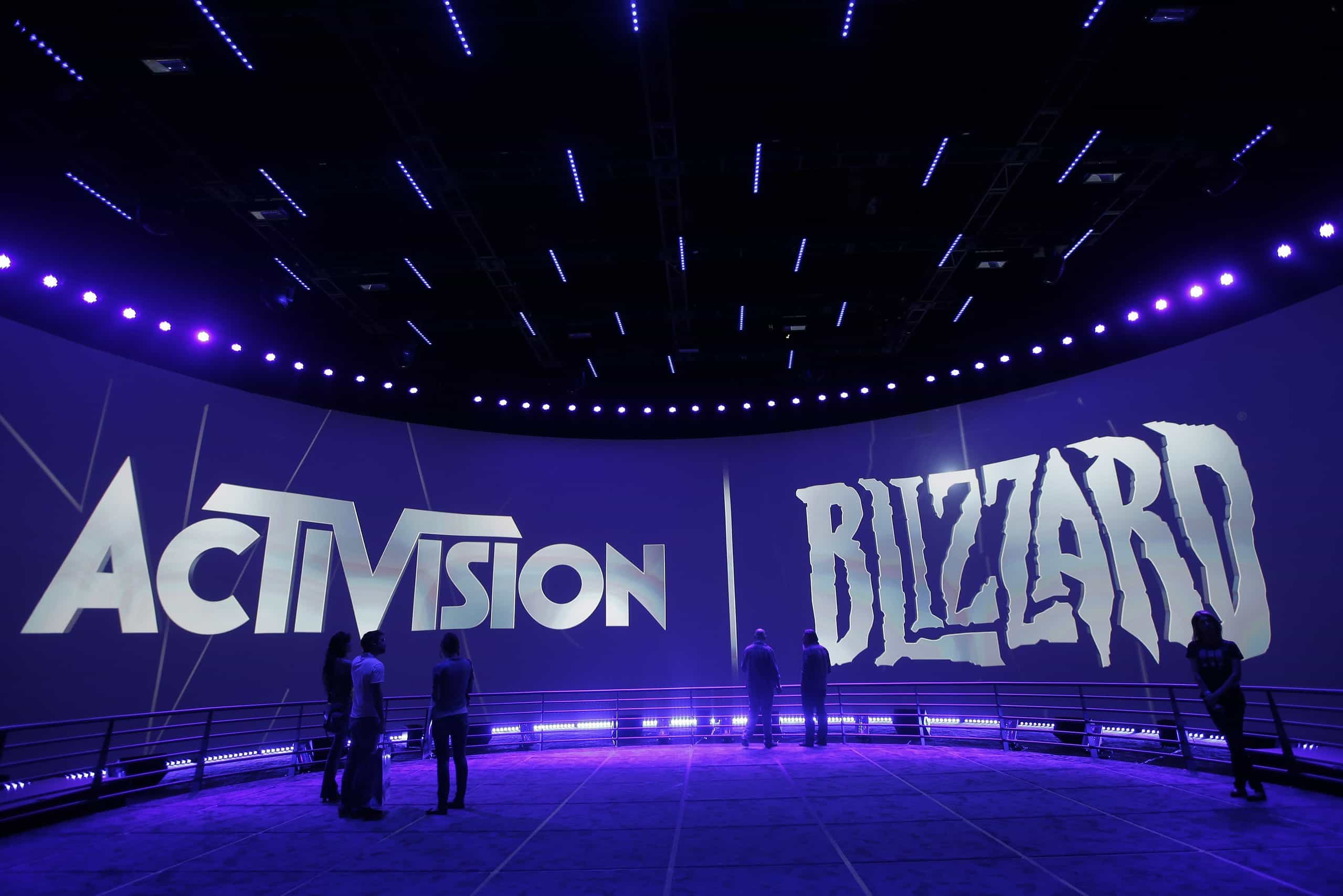75% of the public approves Microsoft's proposed $69B Activision merger
4 min. read
Published on
Read our disclosure page to find out how can you help MSPoweruser sustain the editorial team Read more

The UK’s Competition and Markets Authority (CMA) published Tuesday a new document that shows the opinion and view of the public regarding Microsoft’s proposed $69 billion Activision merger. According to the watchdog, it received 2,100 emails after inviting the public to submit their responses. It deducted some irrelevant submissions but noted that around 75% of the emails favored the deal.
“Of the 2,100 emails that we reviewed, around three quarters were broadly in favour of the Merger and around a quarter were broadly against the Merger,” the CMA said.
As expected, the submissions tapped different sections of the deal, including citing other gaming companies deemed as the dominant powers in the industry. It includes Sony and Nintendo, which were claimed to be “stronger than Microsoft in console gaming.” According to the participants, having the deal will allow the software company to compete better with the said rivals. In one of the highlighted parts, it was said that Sony, one of the merger’s biggest critics, would be pushed to innovate “by improving its subscription service or creating more games to compete with Call of Duty.” The participants also expressed that the merger is just a response to Sony’s PlayStation business model known for securing exclusive content or early access to popular cross-platform gaming franchises.
The report also addressed the specific issue regarding the Call of Duty franchise, with the arguments pointing to Microsoft’s repeated promises and commitment to keep available with other distributors. The part of the public favoring the deal argued the same idea Microsoft has mentioned before, stressing making it exclusive is irrational for the company due to its multiplayer nature and will just cause it to lose revenue. The public also cited some titles considered competitors of COD, including Battlefield (Electronic Arts), Grand Theft Auto (Take Two), and FIFA (Electronic Arts).
The submissions also pointed out how the merger wouldn’t harm the gaming industry’s different divisions as it would actually promote competition. This could be particularly applicable in the mobile gaming industry, detailed the document, which is being dominated by Apple and Google (CMA also announced the plan to investigate this duopoly in November). As for the cloud gaming section, it was reasoned that it wouldn’t be an issue since there are already potential competitors that could challenge Microsoft, such as Netflix. Lastly, it was stated that the merger would allow Microsoft to provide guidance to Activision, which is currently still tainted with issues.
Despite these insightful arguments and opinions from those who favor the deal, those still critical of it pointed out how Microsoft is a beast in some sections. For instance, some submissions underscored that the company is dominant in PC operating systems, which the merger could further boost.
Other critics also stressed that Microsoft does not need to push the deal since it has the resources to compete with PlayStation without buying Activision. If pursued, it was claimed that Microsoft wouldn’t keep its word about not making Activision games Xbox-exclusive, citing what it did to ZeniMax titles.
Additionally, participants claimed that “the Merger would lead to consolidation and would set a harmful precedent in the gaming industry of acquiring large publishers rather than encouraging organic growth.” And given that it is the biggest deal in gaming history, others stated that it would lead to future acquisitions (e.g., Take Two, EA, and Ubisoft). The document added that it could result in concentration, more bargaining power with game publishers, and more challenge for smaller studios and independent developers.
As usual, others explained that Microsoft already has vast power in cloud gaming and could “add games to Game Pass at a loss.” Through this, the critics contended that gamers like PlayStation customers would be pushed to switch to Xbox.
While the arguments provide rich perspectives, the CMA clarified that they don’t reflect its decision toward the merger.
“The publication of this summary does not in any way represent an endorsement by the CMA of these views,” the United Kingdom’s competition regulator explained.








User forum
0 messages